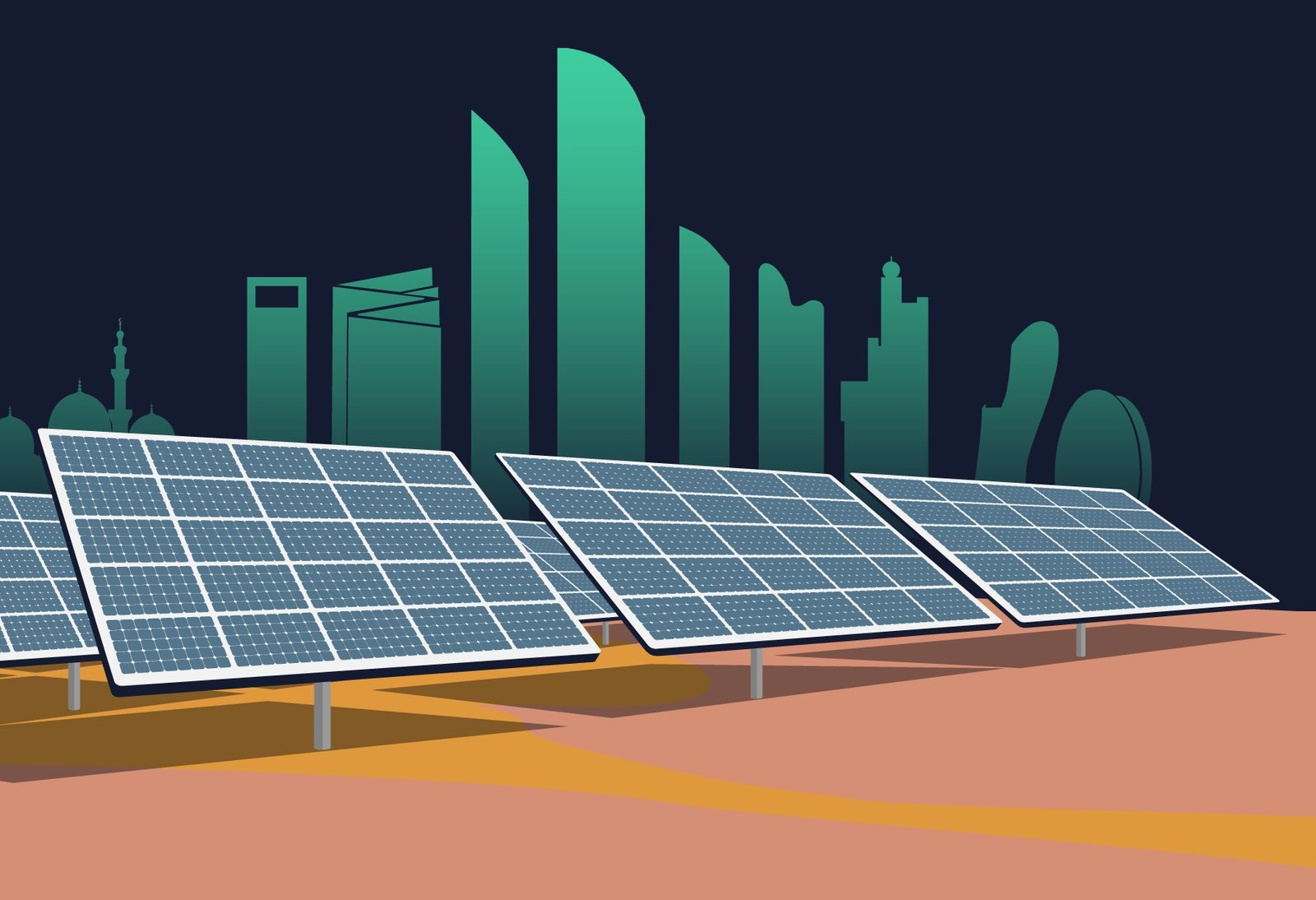Jordan Green Ammonia (JGA) has finalised key Land Use Agreements with the Aqaba Special Economic Zone Authority (ASEZA) and the Aqaba Development Corporation (ADC) for its forthcoming green ammonia production facility.
The agreements were signed by JGA Chairman Wael Suleiman, ASEZA Commissioner for Youth and Entrepreneurship Ramzi Kabariti, and ADC CEO Hussein Al-Safadi.
Set to begin operations in 2029, the project aims to achieve an annual production capacity of up to 300,000 tonnes of green ammonia.
In addition to the production facility, a photovoltaic (PV) farm will be integrated into the project to enhance its sustainability.
The agreements will facilitate extensive feasibility studies and the completion of engineering designs in the coming months.
The facility will deploy advanced technologies, such as renewable energy-powered electrolysis, seawater desalination, and innovative energy storage systems.
The goal is to establish an off-grid, self-sufficient energy system to operate the ammonia plant, thereby minimising environmental impact and maximising energy efficiency.
“By combining solar energy with advanced battery storage and hydrogen compression systems, we are poised to transform the production process into something both sustainable and scalable,” said Marlena Krohn, Vice-Chairman of JGA.
JGA has already submitted its Technical Report and Pre-feasibility Study, and the Environmental Impact Assessment (EIA) has been conducted by the Jordanian firm Dar Al-Handasah.
The project will be developed in phases, starting with site assessments and progressing towards full operational capacity over the next five years.
Earlier this month, Jordan’s Minister of Energy and Mineral Resources, Dr. Saleh Al-Kharabsheh, chaired a key meeting to discuss strategic recommendations for the development of the country’s green hydrogen infrastructure. The session focused on the initial phase of a comprehensive study aimed at establishing a Green Hydrogen Industrial Complex, commonly referred to as the Green Hydrogen Hub.
The study, conducted by ILF in partnership with the European Bank for Reconstruction and Development (EBRD), outlines a detailed action plan for the Green Hydrogen Hub and aims to enhance the supporting infrastructure beyond the complex’s immediate site.
Recommendations were formulated based on extensive consultations with potential green hydrogen developers in Jordan, who provided valuable insights into their project requirements and infrastructure needs.
There have been several discussions centered on creating a strategic action plan to foster the growth of Jordan’s green hydrogen sector, a vital component of the nation’s energy transition strategy.
They aim to position Jordan to effectively harness the potential of green hydrogen, bolstering its role in the global energy market and advancing its sustainable development goals.
At the recent MED-GEM Network’s Second Industrial Advisory Board meeting in Brussels, Mohammad Ata Dardasawi, Chief Advisor of the Aqaba Development Corporation, highlighted Jordan’s strategic efforts to align with European hydrogen policies and the obstacles the country faces in its pursuit of green hydrogen.
“We have learned a lot from exchanging experiences with other Mediterranean countries and observing Europe’s policy direction in green energy,” said Dardasawi.
He noted Europe’s commitment to converting hydrogen into ammonia for easier transport to energy markets, a strategy that could bolster Jordan’s export capabilities.
To attract investments in hydrogen production, Aqaba has already signed 12 Memoranda of Understanding and one formal investment agreement. However, Dardasawi pointed out that water scarcity was a major challenge.
“We are now planning to provide fresh water for investors to enable hydrogen production,” he explained, recognizing the critical role water availability plays in the production process.
Despite these hurdles, Jordan is making notable strides in its renewable energy transition, with 27% of its electricity generated from solar and wind sources. This progress positions the country as a potential key player in the global green hydrogen market.
As Jordan works to establish itself as a primary hydrogen supplier to Europe, cooperation with European partners and initiatives like the MED-GEM Network will be crucial.





